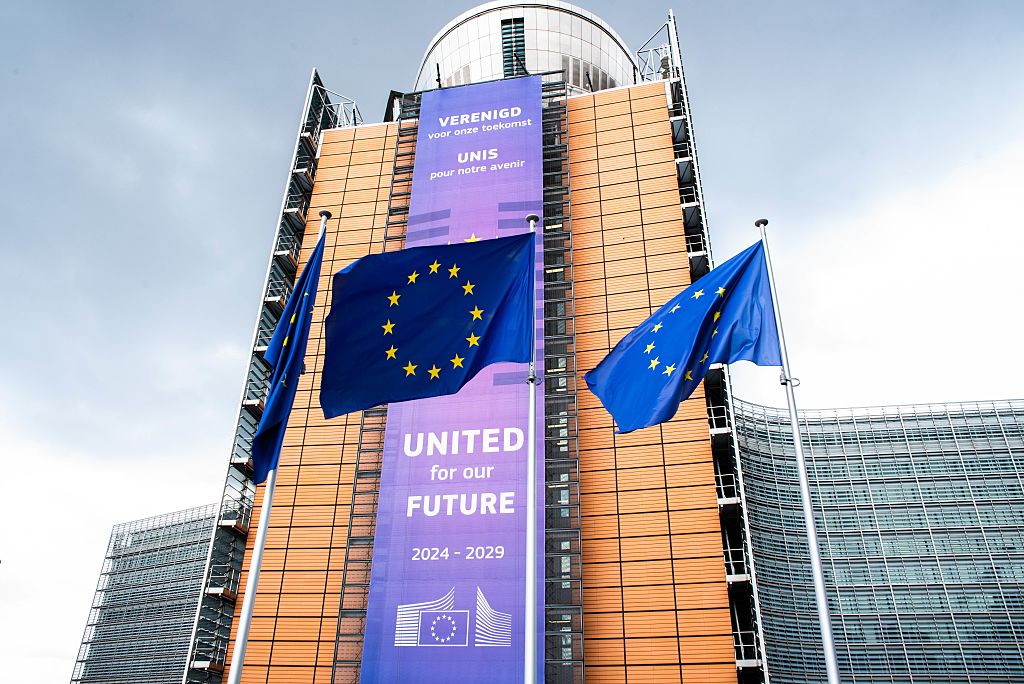The European Union’s promise to invest over a trillion dollars in US energy and infrastructure is “in no way binding”, Brussels said on Thursday, marking the latest flare-up of tensions with the White House over key aspects of the recent EU-US trade deal.
“The commitments… we have transmitted to the US administration [are] aggregate intentions as regards energy spending and as regards investment in the US economy by EU companies,” Commission spokesperson Olof Gill told reporters on Thursday, adding that they are “in no way binding.”
“The Commission does not have the power and would never seek the power to try to enforce something like that, but they are faithfully transmitted intentions,” he added.
His remarks came two days after US President Donald Trump threatened to hit the EU with a 35% tariff if the bloc failed to deliver on its commitment to invest $600 billion in US infrastructure over the next three and a half years of Trump’s presidential term.
The investment pledge is a central pillar of the EU-US deal clinched two weeks ago between Trump and European Commission President Ursula von der Leyen. The agreement also includes a separate EU commitment to purchase $750 billion worth of US energy until 2028.
“They gave us $600 billion that we can invest in anything we want,” he said on Tuesday. “I can do anything I want with it. And the purpose was, they’ve been, you know, ripping us for so many years that it’s time that they pay up, and they have to pay up.”
Gill’s comments came on the same day that the 15% blanket levy agreed by the EU and the US in the so-called “framework agreement” came into force.
Most EU exports to the US were previously subject to a 10% minimum duty, on top of an average 4.8% levy agreed before Trump’s return to the White House in January. The new 15% levy – which EU officials describe as a “ceiling” – includes the 4.8% rate.
However, US tariffs on EU cars and car parts remain subject to a special tariff totalling 27.5%, despite both sides indicating those products would be covered by the 15% levy.
Gill said he was unable to give a “timeline” for when that higher car tariff would be lowered.
“We have a clear commitment from the US that our 15% across the board tariff ceiling will also capture EU exports of cars and car parts, pharmaceuticals, and semiconductors, and we look forward to that being implemented ASAP,” he said.
Eddy Wax and Nikolaus J. Kurmayer contributed reporting.
(de)
